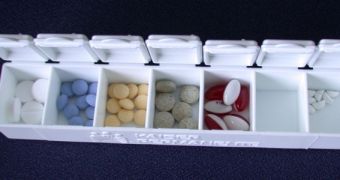Scientists with the University of California in San Diego (UCSD) found in a new study that children and teenagers currently in the welfare system are more likely to abuse inhalants, marijuana and other drugs than their peers in stable households. The work suggests that parental involvement is even more critical than scientists first estimated.
Lead researcher Danielle L. Fettes, PhD, argues that teenagers whose parents are involved in their daily lives are more likely to develop a better sense of self, as well as a more stable mental state. This prevents them from engaging in risky behaviors such as using drugs, EurekAlert reports.
The paper, details of which appear in the November issue of the Journal of Studies on Alcohol and Drugs, used data from two surveys to determine that 18 percent of welfare teens consumed marijuana, whereas only 14 percent of teens in stable households did the same. The same difference was recorded for abusing inhalants (12 percent versus 6 percent).
“[...] the child welfare system may be an ideal venue to incorporate proven prevention and intervention programs for youth substance use. Drug abuse screening and treatment, or referrals for treatment, should be a regular part of kids' case management,” Fettes explains.

 14 DAY TRIAL //
14 DAY TRIAL //